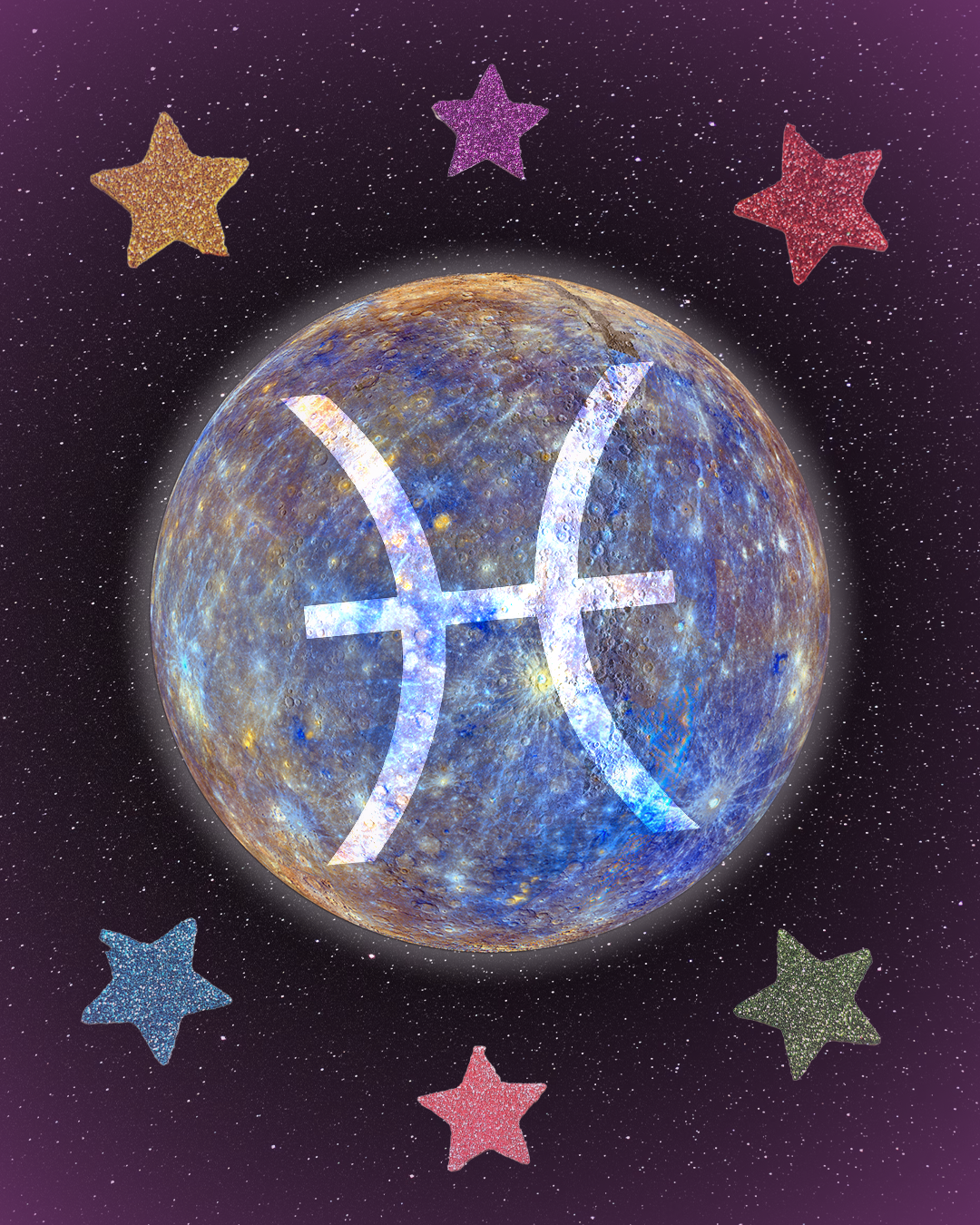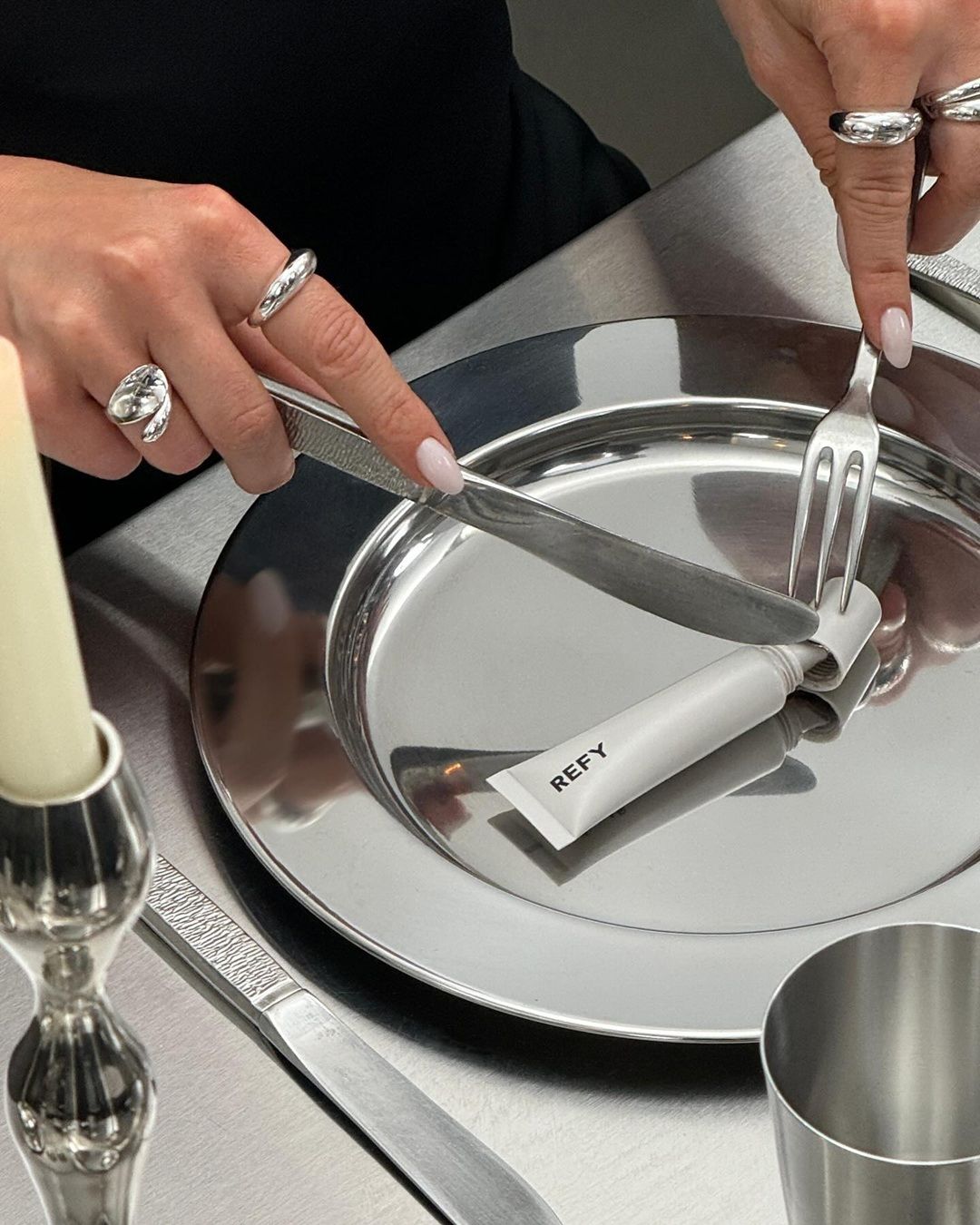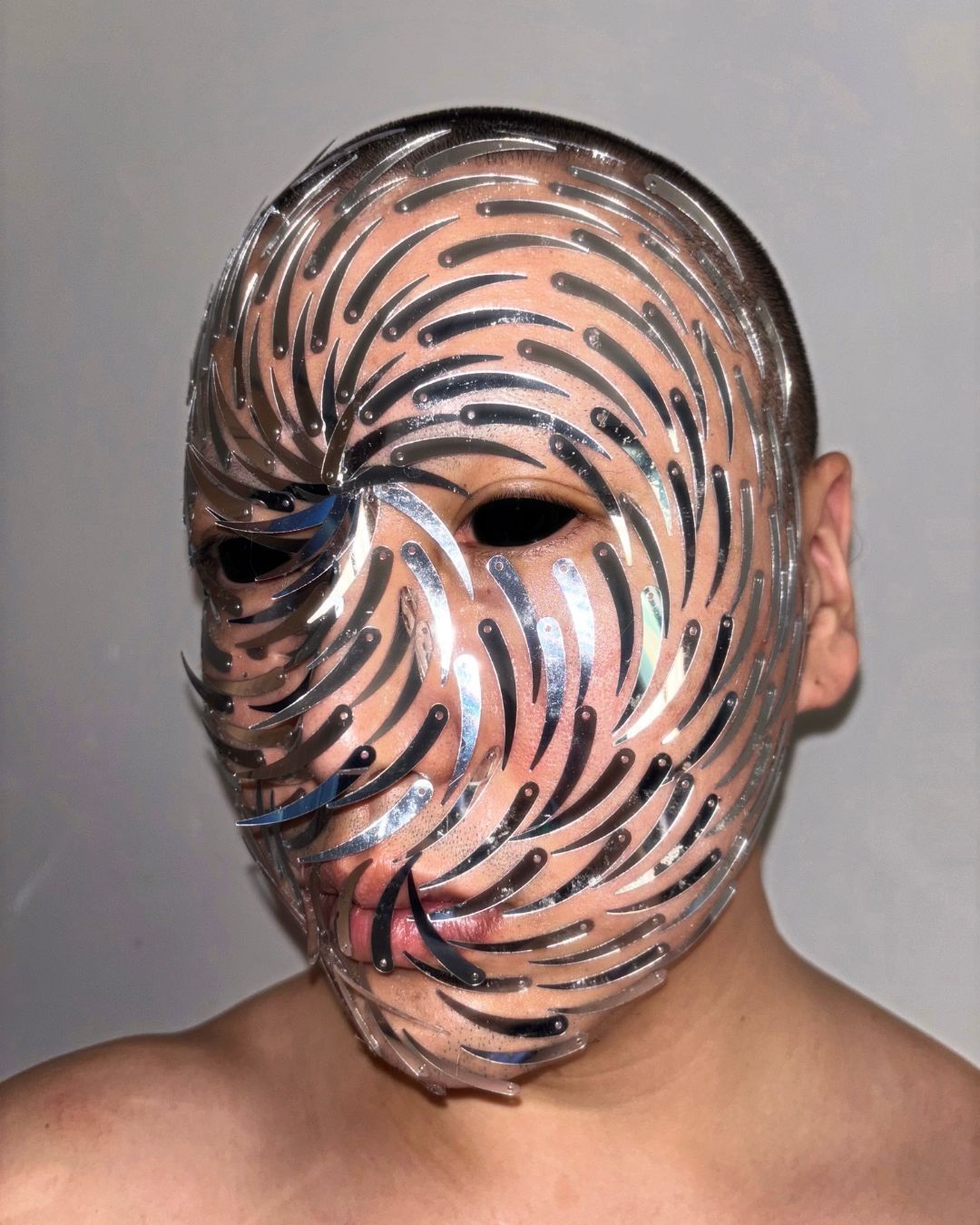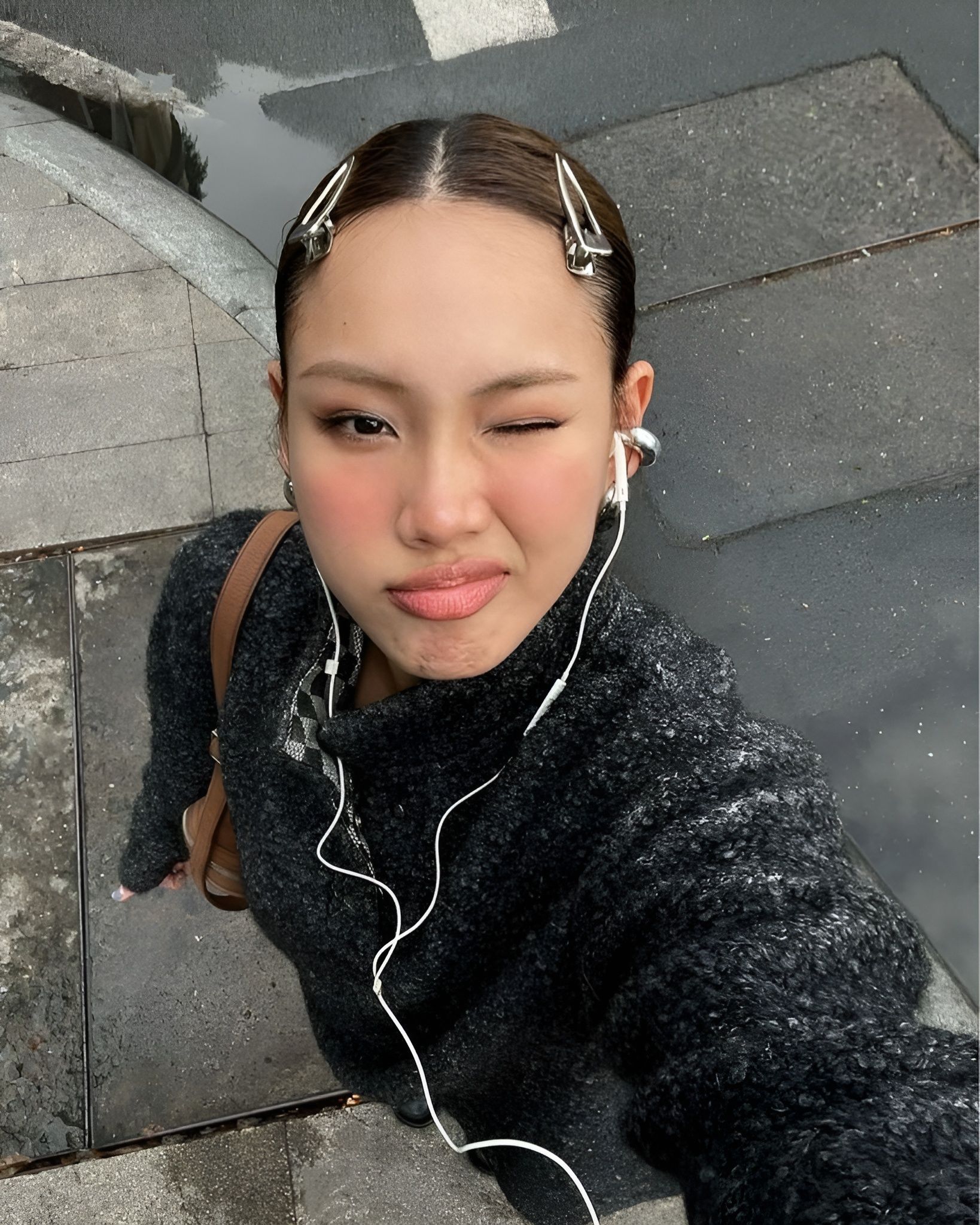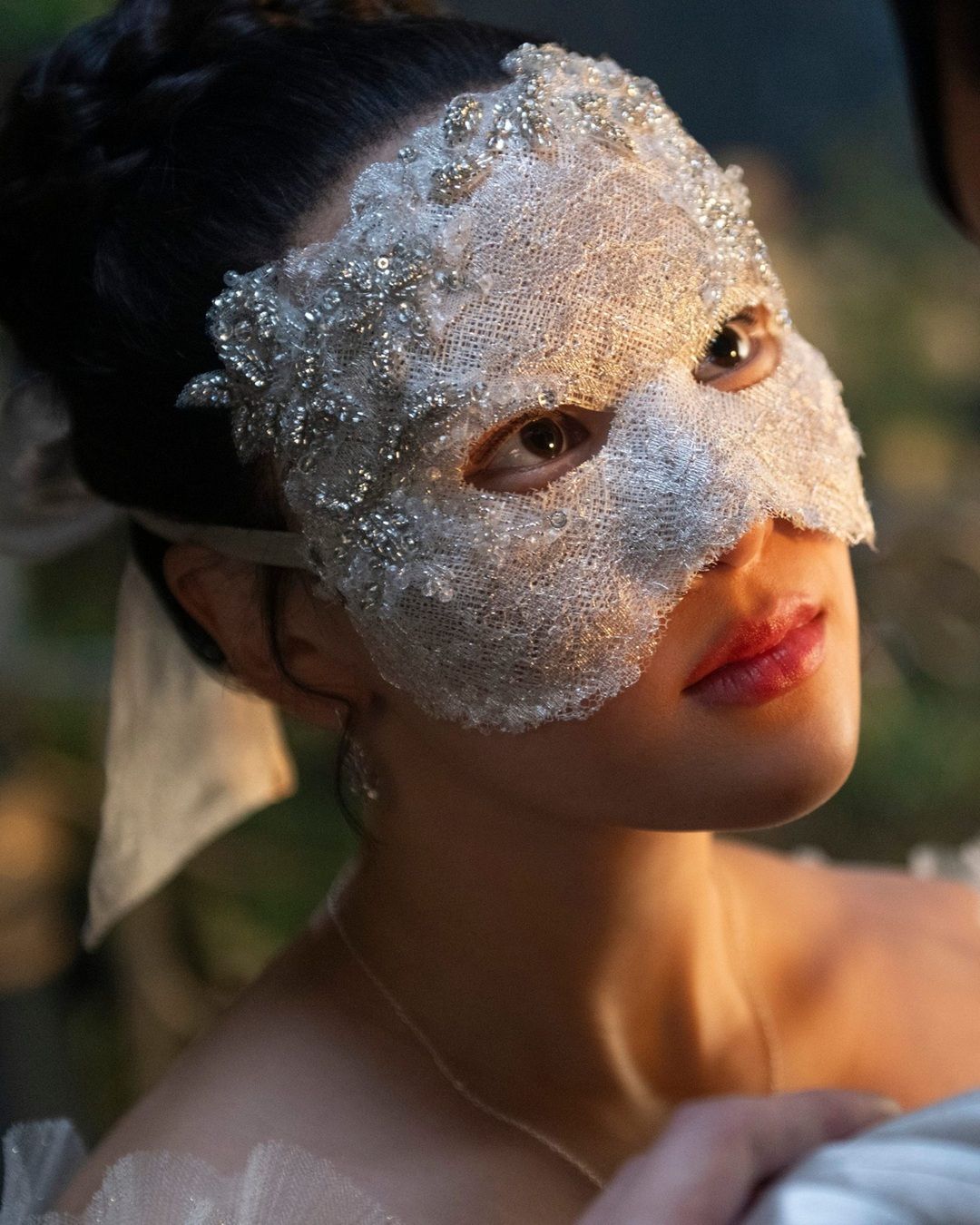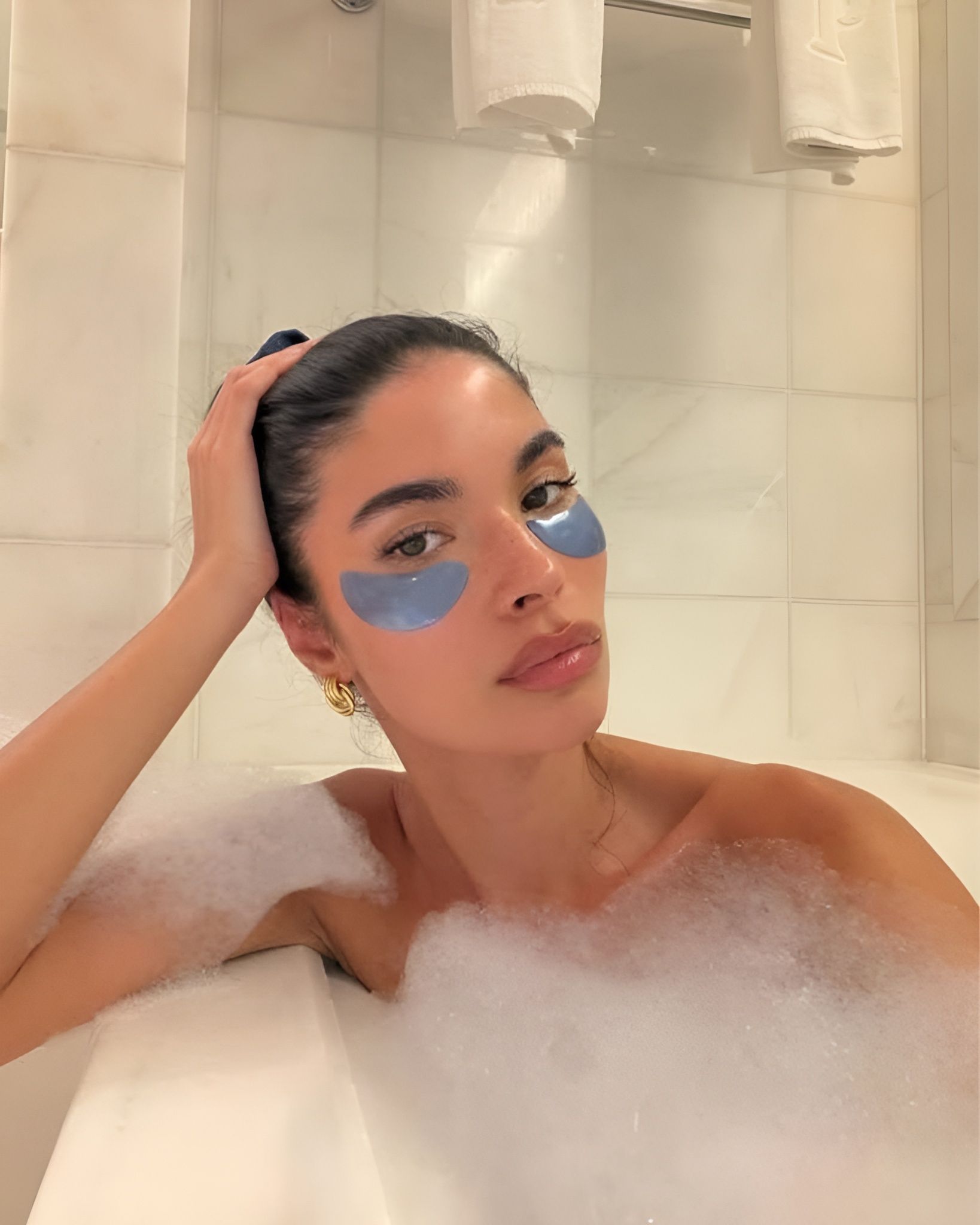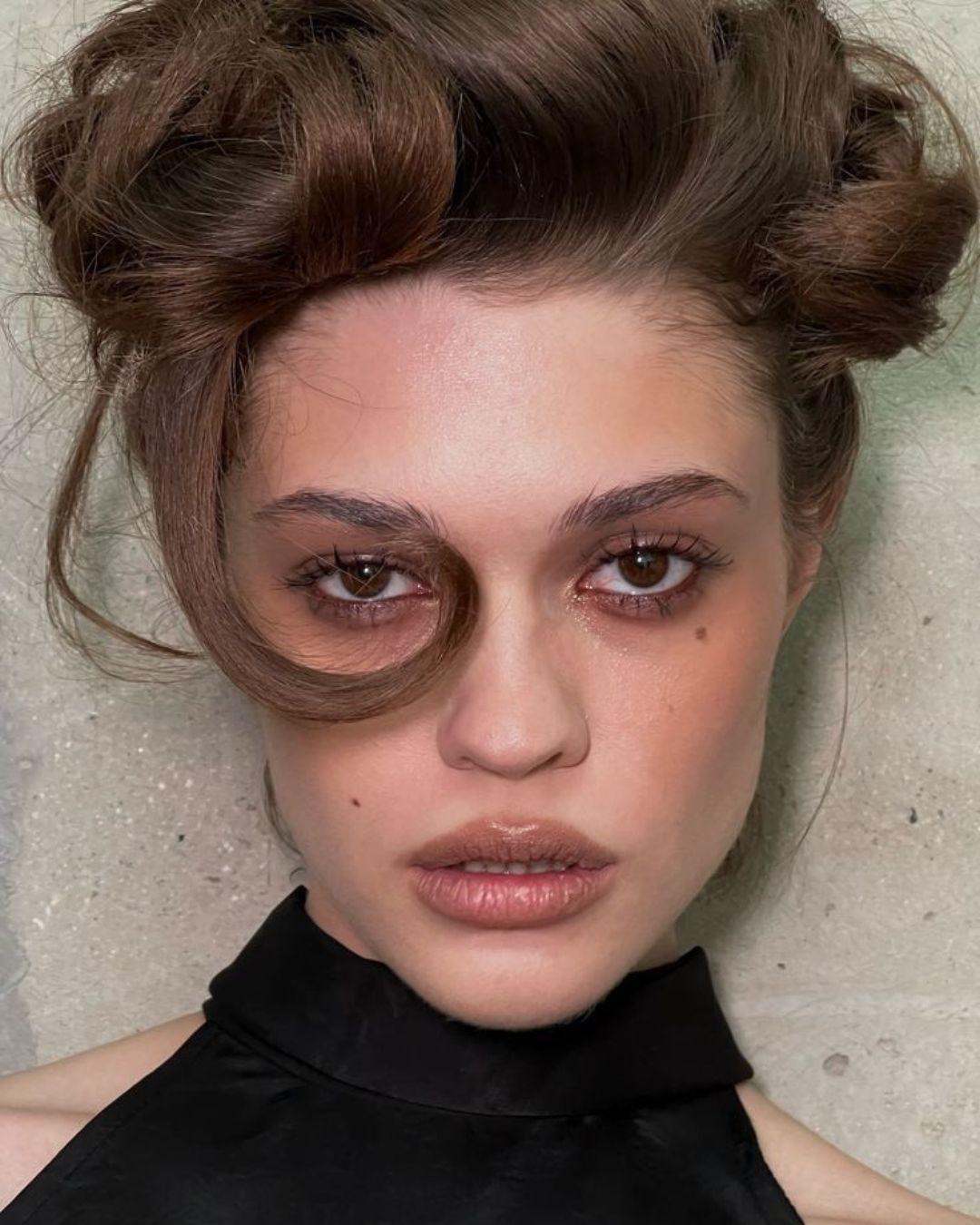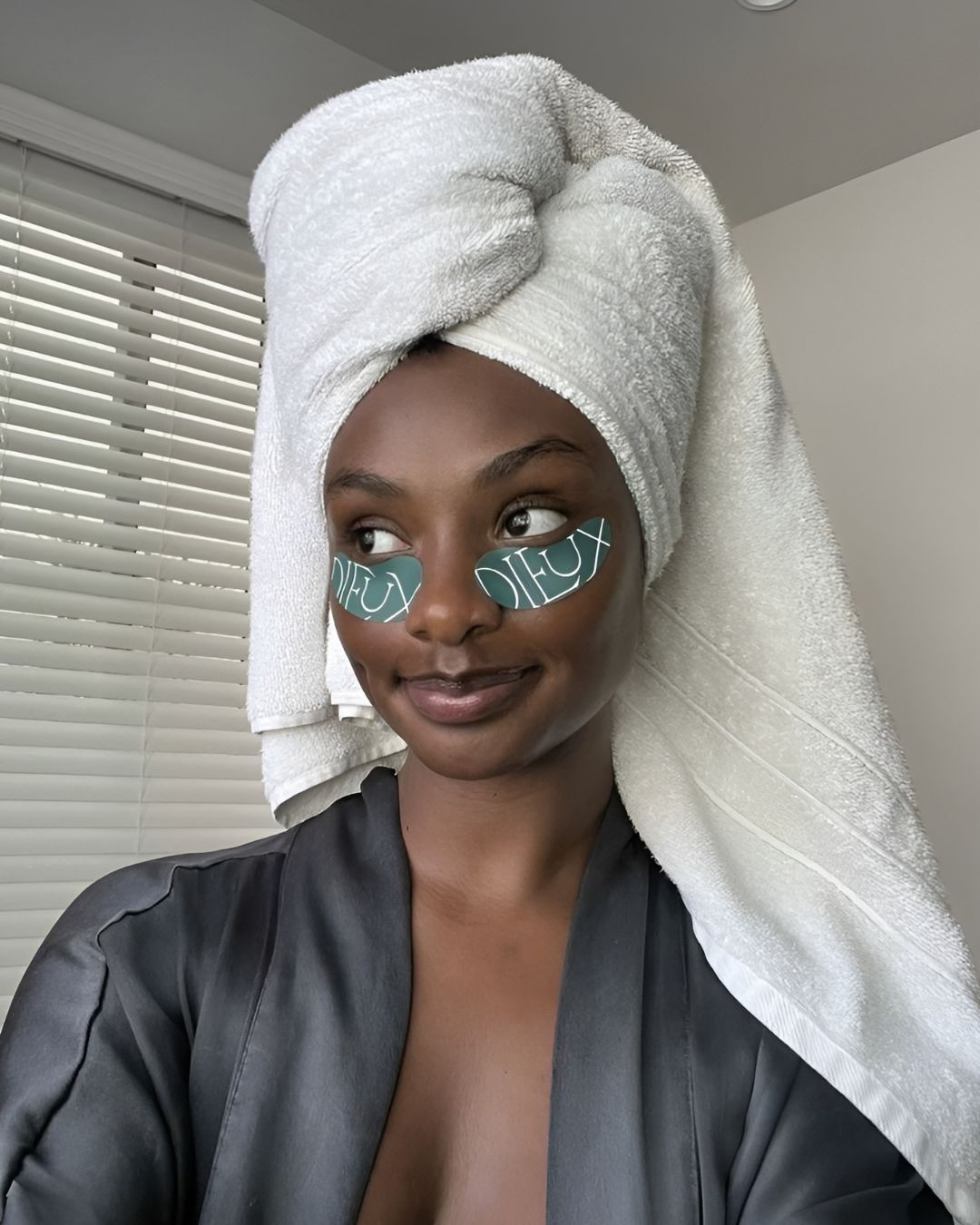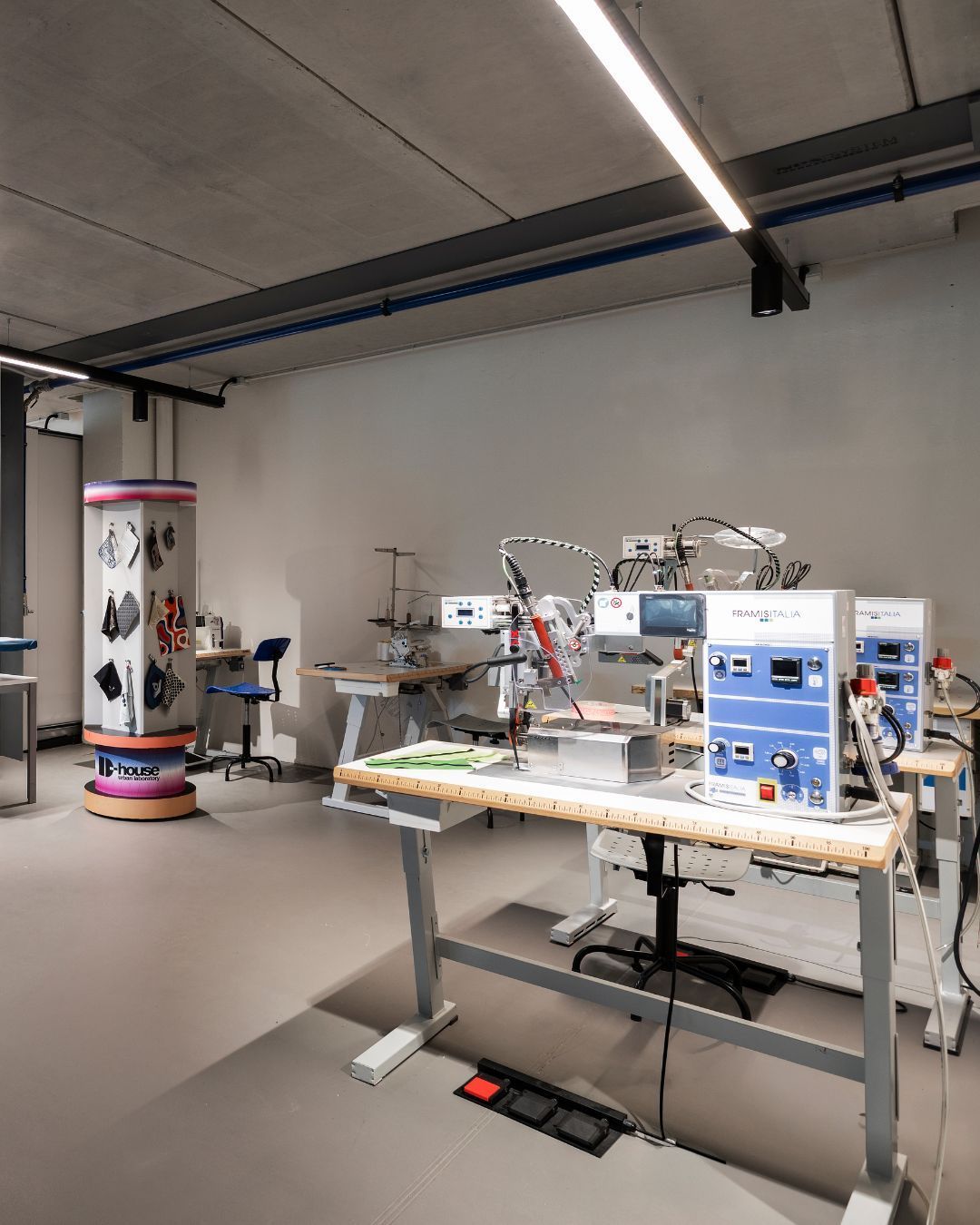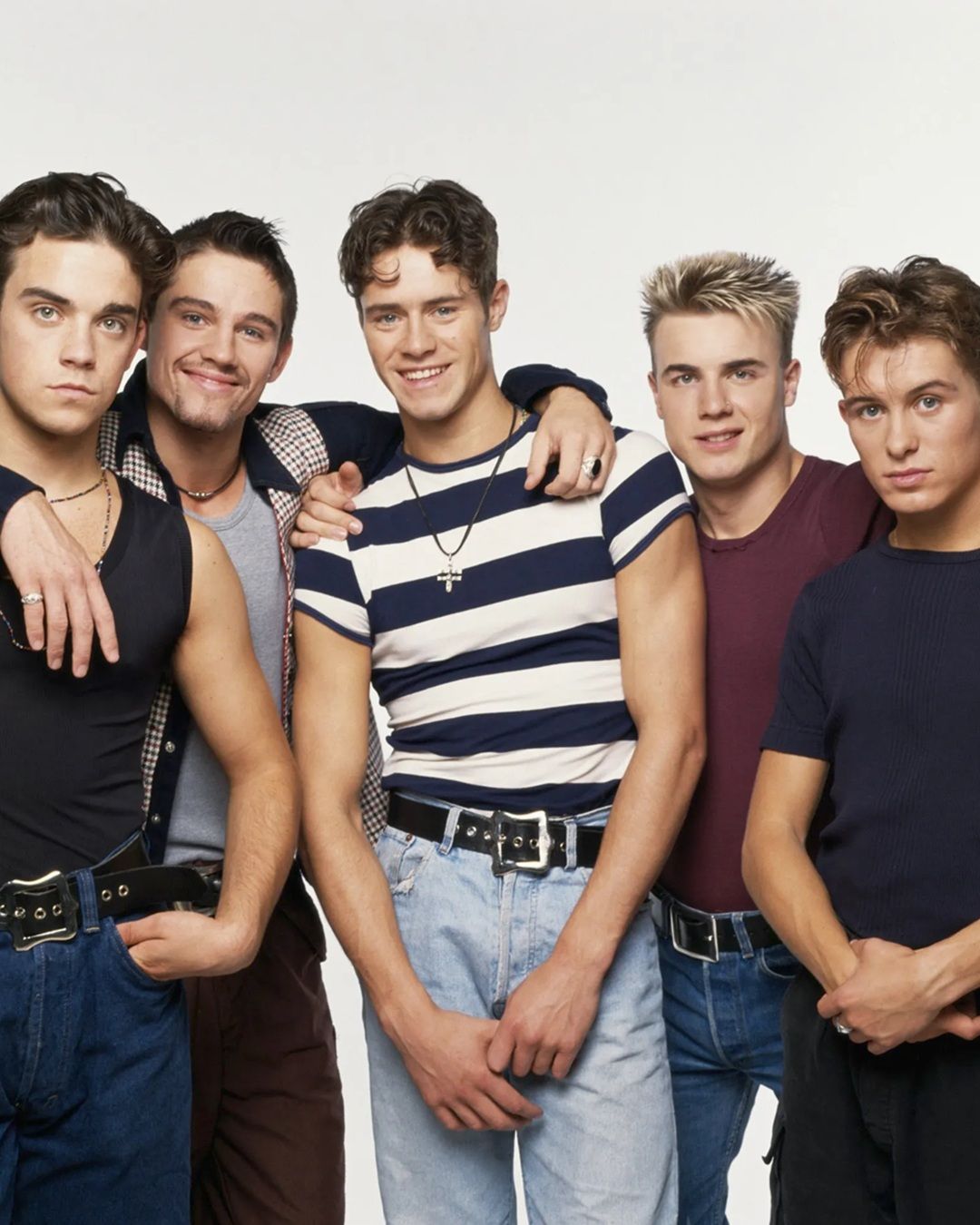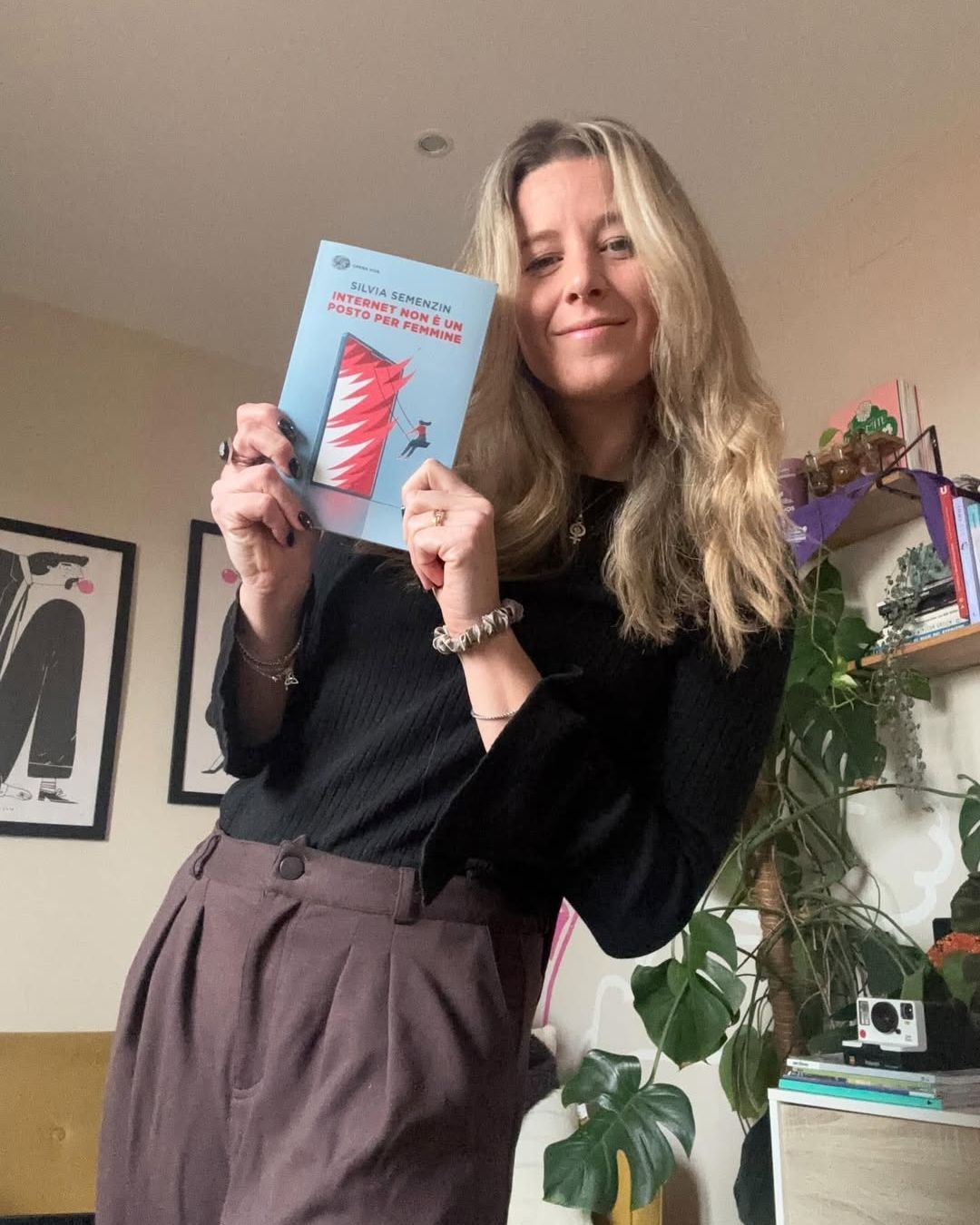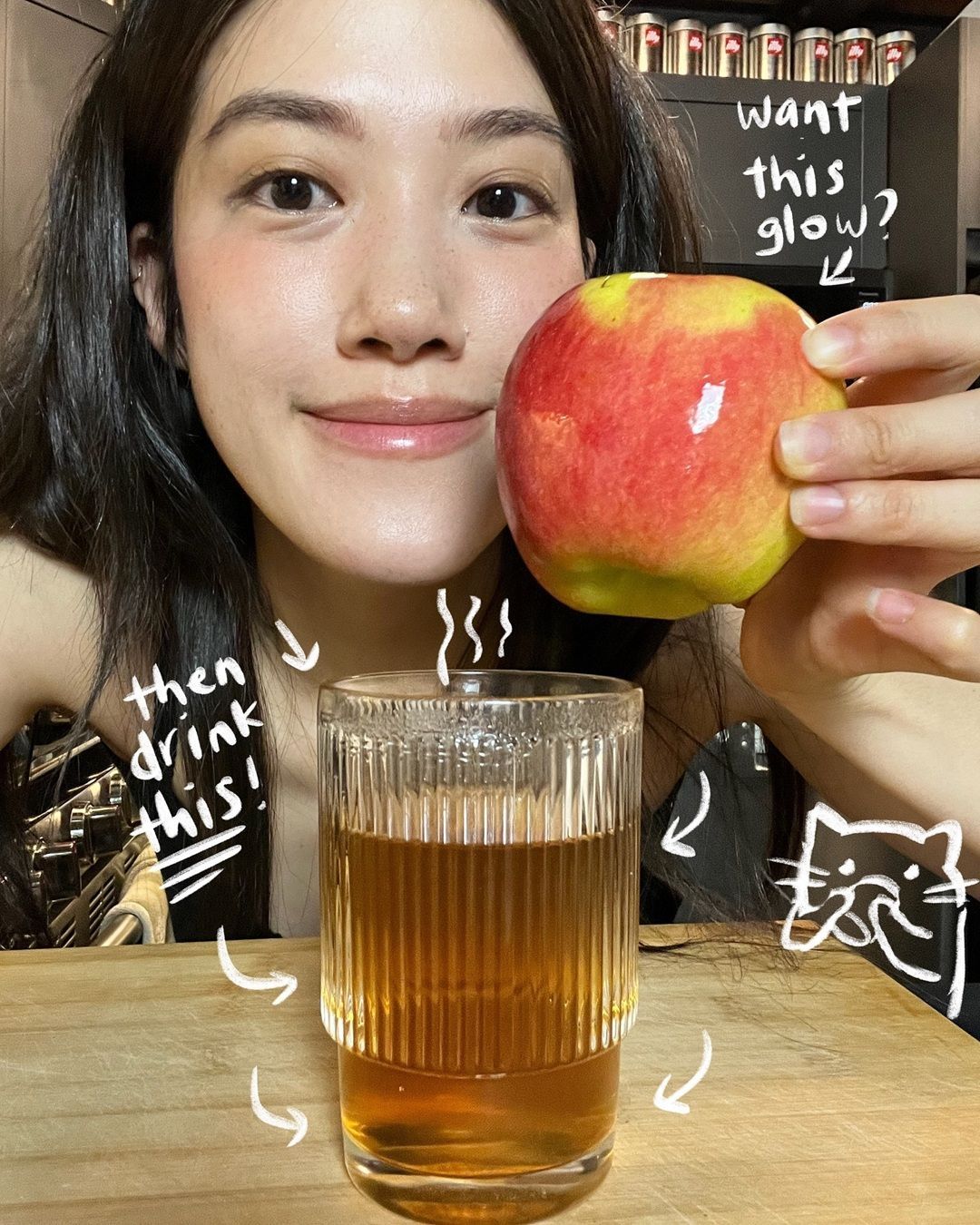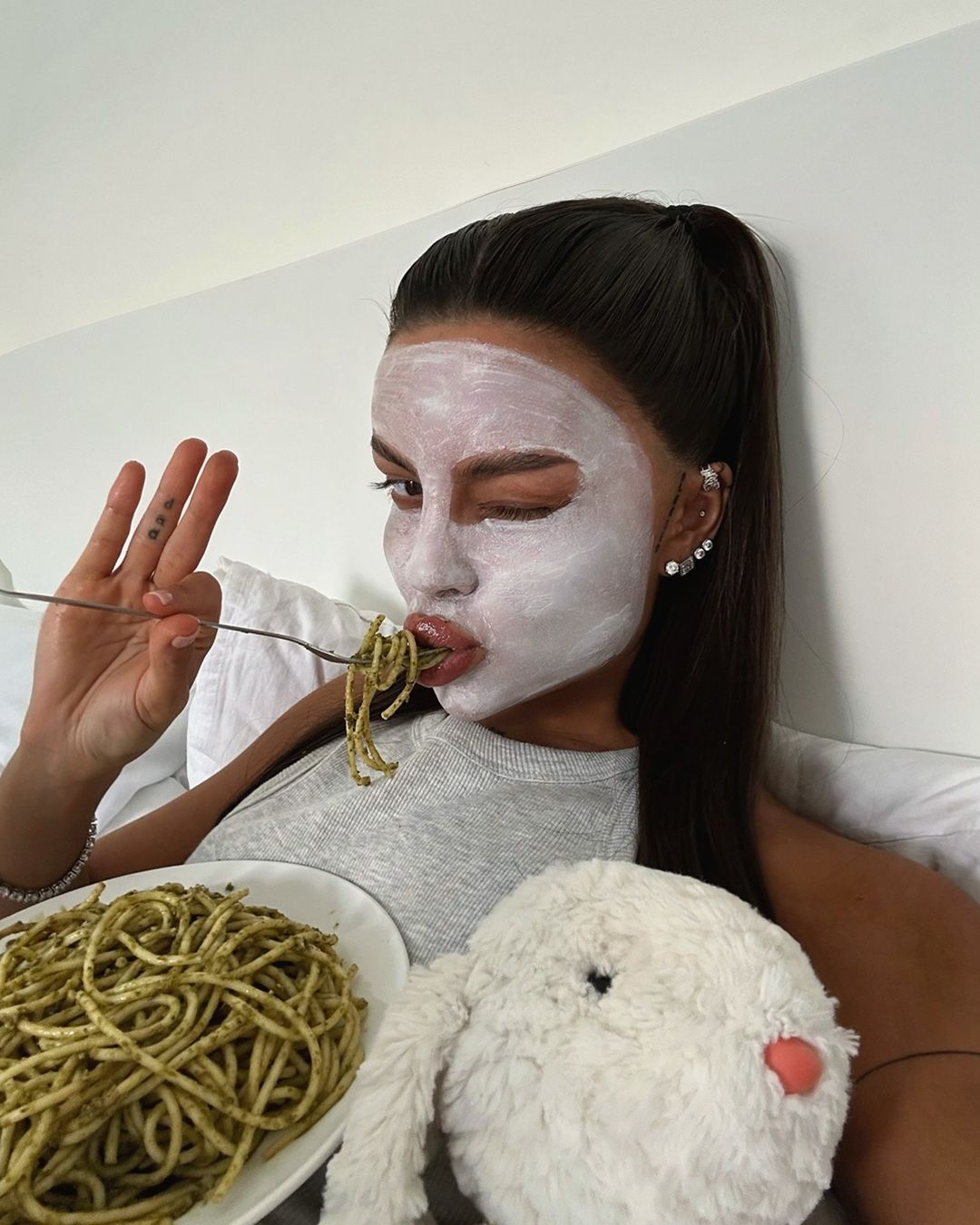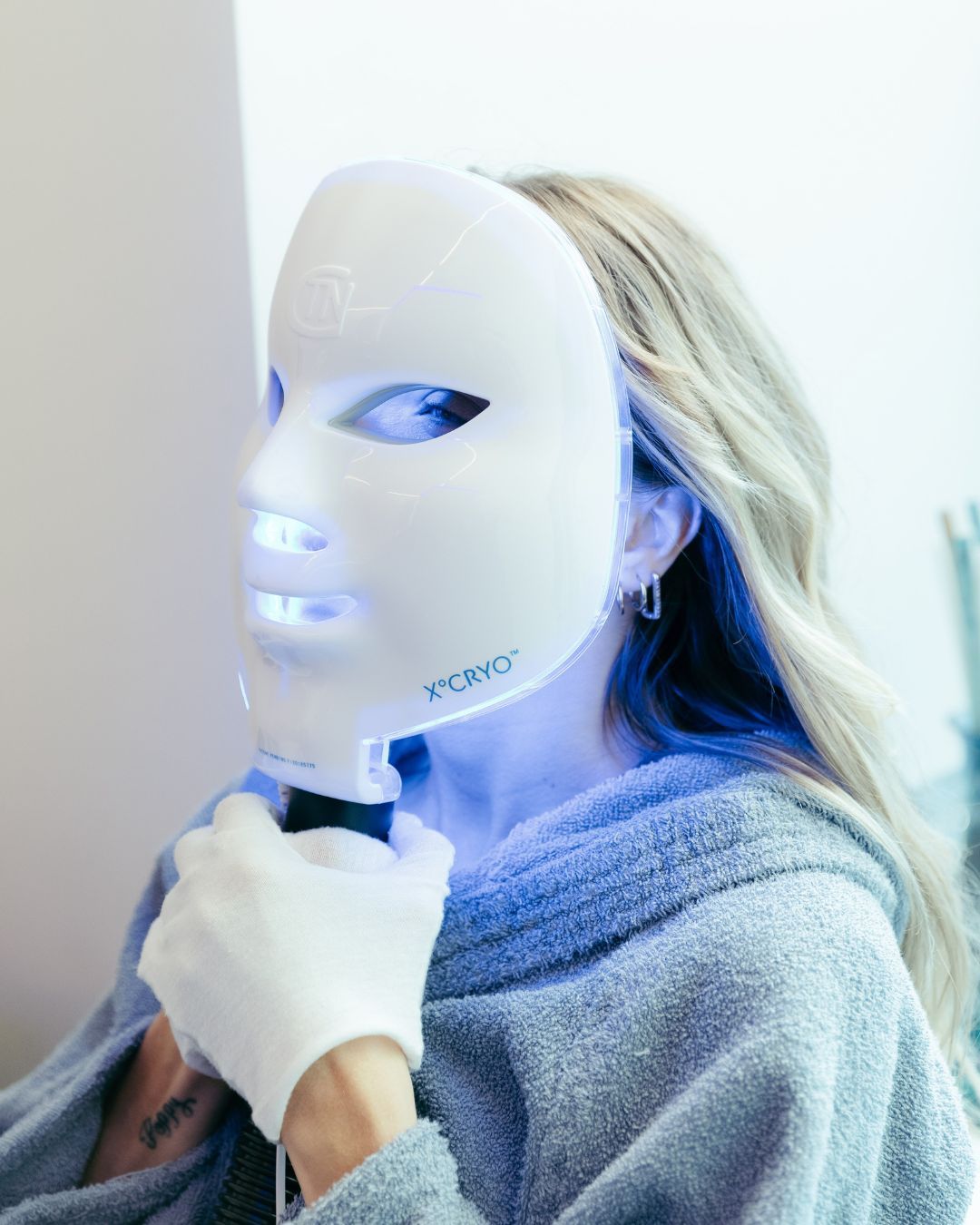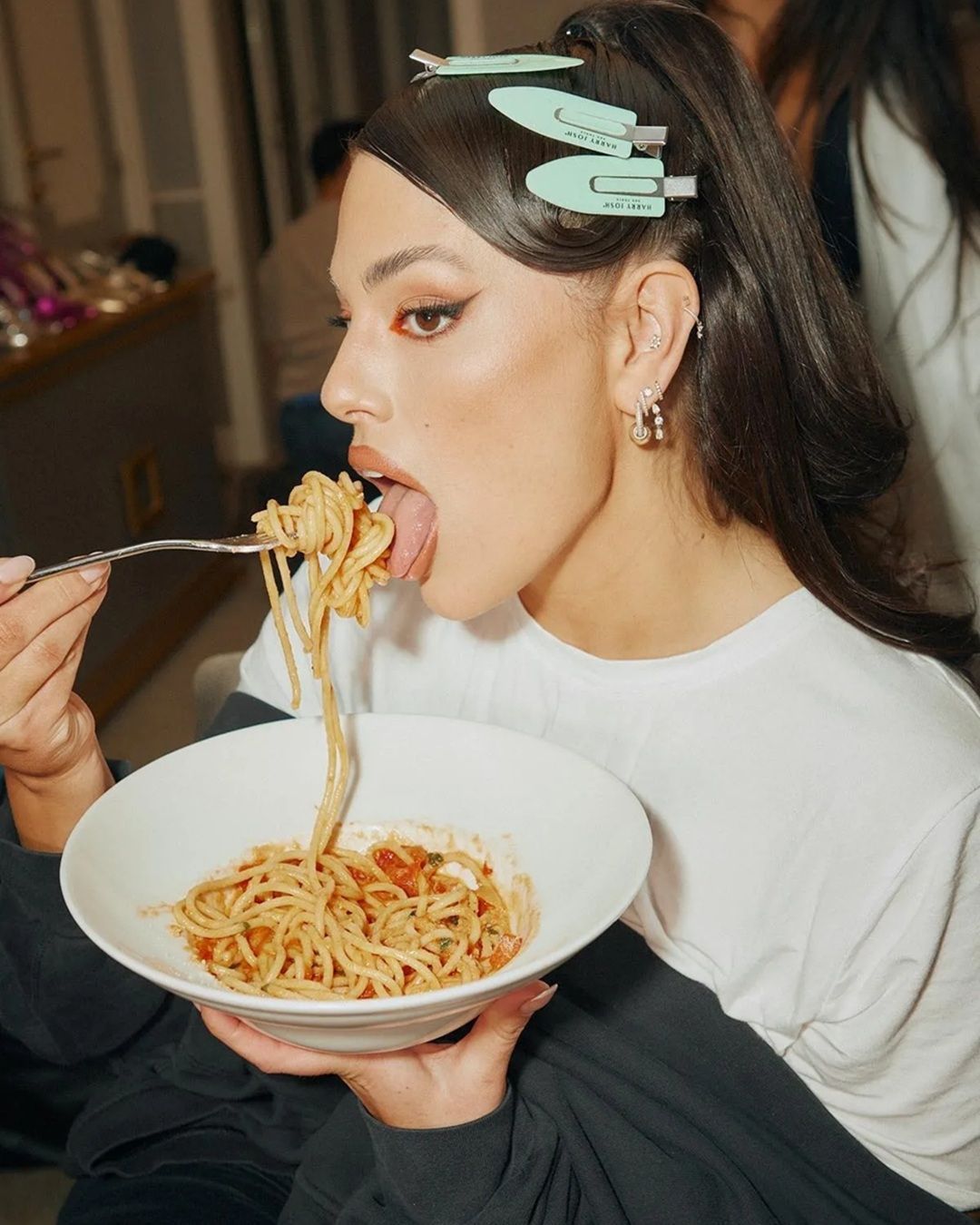
Is our obsession with diets ever going to end? Where is the line between wellness and obsession?
I've always felt like my body was an adversary. An entity to fight, control, and manage. A battleground between what I eat and what I shouldn't have eaten, between desire and restriction, hunger and guilt. Every gram of carbohydrates is a defeat; every skipped snack, a small victory, a gesture of discipline. For me, and many others, it all starts quietly. A “healthy choice” here, a “small sacrifice” there. First, we skip the bread at dinner. Then we cut out sugar. Reducing carbs becomes an act of love for our health. Feeling guilty after a slice of cake? Sounds reasonable. Then we learn tropical fruits have a high glycemic index, cow’s milk is inflammatory, seed oils ruin our gut, and, for some mystical reason, the only way to have a healthy body is to treat it like a scientific lab under constant monitoring. A voice starts whispering: how did we go from “eat your veggies” to “measure your cortisol daily and take seven supplements before breakfast”? What if everything we repackage as wellness is really a cruel psychological game, a race to perfection disguised as awareness?
The case of Gwyneth Paltrow
Who knows if Gwyneth Paltrow has asked herself the same thing. She recently started eating bread again, not a gluten-free cracker, but real sourdough bread, with flour and fermentation. It shouldn’t be news. But it is. Because this dietary openness seems almost revolutionary for someone who built a second career (Goop) on detox rules, cutting out caffeine, refined sugars, gluten, soy, corn, and even nightshades (veggies like potatoes and peppers). But if even the queen of clean eating, after years of paleo diets and detox rituals, is tired of demonizing cheese and carbs. Then maybe, just maybe, something is changing? Are we finally approaching a mindset where it’s okay to care for ourselves with nutritious food, but also okay to eat a donut or fries if we feel like it? Let’s not celebrate just yet. Old food habits die hard. Just look at Michelle Hunziker. Her diet doesn’t allow many indulgences: lots of fiber, veggies, whole grain pasta or rice, meat, fish, eggs, very few cheeses, lots of supplements, and absolutely no refined sugar, dubbed “the poison of this millennium.” All these sacrifices? The stars swear it's not about thinness or conforming to beauty standards, but about health and longevity.
The menu of perfection
Once upon a time, eating was a simple, intimate, emotional act. Today, it’s a mission to be optimized. A performance. A display of control, virtue, and optimization. Just look at TikTok’s endless trends: “what I eat in a day (for hormone balance)”, “cortisol-lowering breakfast”, “morning routine to not die at 50.” You must eat clean, anti-inflammatory, low-glycemic, cortisol-friendly, seed oil-free, and preferably Instagrammable. Far from pleasure, food has become a biochemical protocol for slimness, mental clarity, longevity, the 3.0 version of ourselves. Meals are replaced by compulsive ingredient analysis, fear of canola oil, and a dependency on well-being. Yes, wellness can be an addiction, a constant need to biohack your body, afraid that, left on its own, it might deteriorate, gain weight, age, or, God forbid, relax.
@babybella777 mornings with me before we start making things for you cc @Orebella #orebella ᶫᵒᵛᵉᵧₒᵤ - SoBerBoi
Everything change, nothing change
Meanwhile, body culture keeps changing its face without ever truly changing, fueling a wellness and diet industry that, in 2024 alone, boosted by drugs like Ozempic promising weight loss without hunger, reached a global value of $72 billion. It’s a business built on our insecurities, on the silent hatred we nurture for our own bodies. On the illusion that, if we could just be thinner, more toned, more “pure,” we’d also be happier, more loved, more respected. But the truth is that even those who’ve “made it” often live in food prisons of monotony, deprivation, and sometimes real alienation. Fifty years ago, Marilyn Monroe followed a strict diet: raw eggs in milk for breakfast, nothing for lunch, steak and five raw carrots for dinner. And what about Victoria Beckham, who’s eaten the same thing every evening for over 25 years: just grilled fish and steamed vegetables?
Wellness as performance
In a world where everything is potentially inflammatory, where even a banana can be seen as a threat, wellness culture has become a socially acceptable addiction. And if we don’t notice it right away, it’s because it looks good on the outside. It disguises itself as care, as discipline, as self-love. But what’s loving about living in fear of a handful of crackers? Or turning down a dinner invitation because “we don’t know what oil they use in the kitchen”? The real issue is that these behaviors are not only socially accepted, but actually celebrated. Orthorexia, the pathological obsession with healthy eating, is hard to recognize because it wears the mask of virtue. And yet, the data is clear: eating disorders related to clean eating anxiety are on the rise, especially among younger generations most exposed to social media. We’re bombarded with messages telling us we are always too something: too inflamed, too bloated, too unbalanced. And every “too much” comes with a solution—often expensive, often unnecessary. From TikTok to podcasts, from the fitfluencer recommending twelve supplements before coffee, to the doctor explaining how to suppress cortisol, the implicit message remains: your body is broken and needs fixing. But who decides what’s broken? And more importantly, who profits from this narrative?
Who’s afraid of food?
We’ve reached a point where we fear ingredients we don’t understand. Preservatives, additives—even calories. Supermarkets have become minefields. Reading labels feels like a logic test. There’s something deeply sad about the fact that in an era where food and information are more accessible than ever, we feel more confused, more inadequate, and more hungry—in every sense—than ever before. It’s as if we’ve been convinced that our bodies can no longer survive on their own. That without the advice of an influencer, an online nutritionist, or the latest viral trend, we wouldn’t make it. And so here we are: drinking protein broths and salt water, avoiding bread like it’s poison, believing that to “flush out toxins” we need a €60-a-month detox tea. And yet, the truth is we’re probably already doing enough. We don’t need to gulp down sea moss, fast for 23 hours a day to “reset our metabolism,” or take 20 different supplements while allowing ourselves only one sad bite of a croissant like Bella Hadid. We are not broken. We are not deficient. We are not wrong.
Tired, hungry, over-controlled
Eating only organic food, weighing every gram of quinoa, and doing intermittent fasting in the name of eternal youth and thinness goes far beyond what used to be common sense, like eating fruits, vegetables, less sugar, and exercising more. Today, it has become an obsession. And it’s not just exhausting. It’s a game you’re bound to lose,especially if you’re a woman or simply a human being trying to find balance. Because finding the middle ground between care and obsession feels like walking a tightrope. We want to eat well, but without punishment. We want to feel energized, but not live in constant vigilance. We want to improve, but not hate ourselves in the process. And yet, we often find ourselves swinging between total control and emotional collapse. Between quinoa and binge eating.
Is our obsession with diets ever going to end?
Maybe this is the shift we’ve been waiting for. When even Gwyneth Paltrow decides she’s tired, maybe we can be too. Tired of pretending. Tired of fearing food. Tired of sitting at the table and feeling like we’ve done something wrong. I don’t know if the obsession with diets will ever truly end. But maybe, for many of us, it’s starting to lose its grip. We’re beginning to suspect that real wellness doesn’t live in a list of forbidden ingredients, but in the ability to eat a sandwich, watch a sunset, and not think about calories even for a second. And who knows, maybe one day, we’ll even forgive ourselves for the chocolate cake. I’m not there yet. But I hope to feel that relentless search for wellness start to crack. And that sound, subtle and liberating, might be the first sign that we are, finally, hungry for something else.



